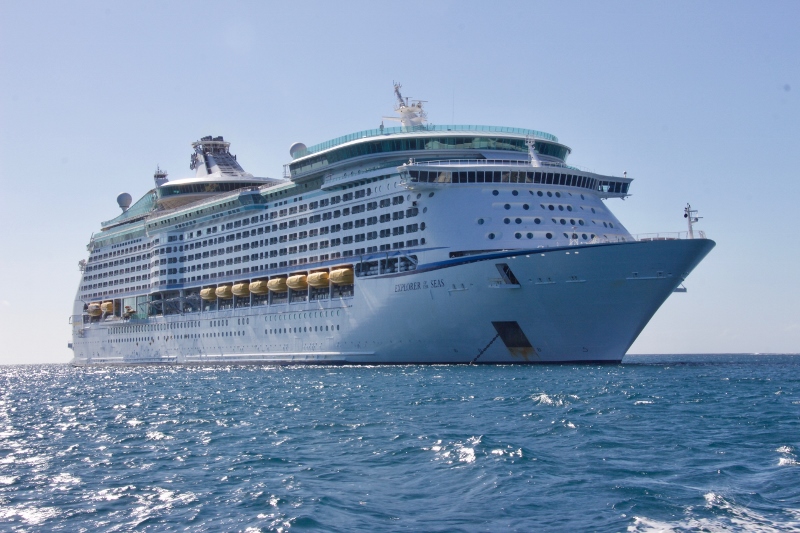Are Cruise Ships Worth It?
With the breeze of the sea, the tropical refreshments, the 24/7 food service in floors reach, the clean blue pools, and water slides, cruise ships are a go-to vacation for many families. The monopolies of cruise ships, Carnival, Royal Caribbean, and Norwegian, have taken over the market of boat vacations by offering up to 3 destination trips, multicultural buffets, all-inclusive restaurants, and open bars. Although they appeal to a wide range of age groups, cruises are harmful to both the environment and their workers.
With a week’s worth of room and board, food and vacation stop for $1,293, cruises are very appealing to families. With an average of 28.3 million people going on a cruise in 2018 alone, the market is growing rapidly. Although this is good for the monopolies of the market, the pollution created by the cruise lines will continue increasing. According to the New York Times, cruise ships emit 3 to 4 times more carbon dioxide per passenger-mile than a jet. Along with emitting huge amounts of carbon dioxide, cruise ships are also emitting sulfur dioxide, a chemical that causes acid rain. According to France 24, Carnival Cruise ships are emitting nearly 10 times more sulfur dioxide than all of Europe’s cars. Although a cruise ship vacation seems affordable in the present, is it worth the pollution it emits?
Along with the pollution that comes along with a cruise ship ticket, cruise ship companies’ harsh treatment of employees is a major problem. With Carnival, Royal Caribbean and Norwegian having their main headquarters in Miami, Florida, many would believe they are following the labor policies in America. These cruise ship lines, instead, operate their ships in foreign countries. With their ships sailing under a foreign flag even though they have headquarters in America, these cruise lines do not have to follow the policies of America, but the country in which their boats are operating out of. Royal Caribbean, for example, has its headquarters in Miami but has its ships operating out of the Bahamas. Therefore, Royal Caribbean is able to follow the laws and regulations of the Bahamas instead of America. With this loophole, workers on cruise ships are working for as little as $1.80 an hour according to Business insiders. Along with the unbelievably low wages, cruise ship employees work 70 – 90 hours a week with no overtime. With the violation of human rights, cruise ship companies are providing a happy vacation at the cost of their employees.
Although a nice week to escape from work or school on a cruise ship may seem attractive to many, a week of constant pollution and human rights violations are not worth the price of a cruise vacation. With the tons of pollution being emitted into the environment and the low wages, employees have to face, cruise vacations should not be an appealing vacation at all.

